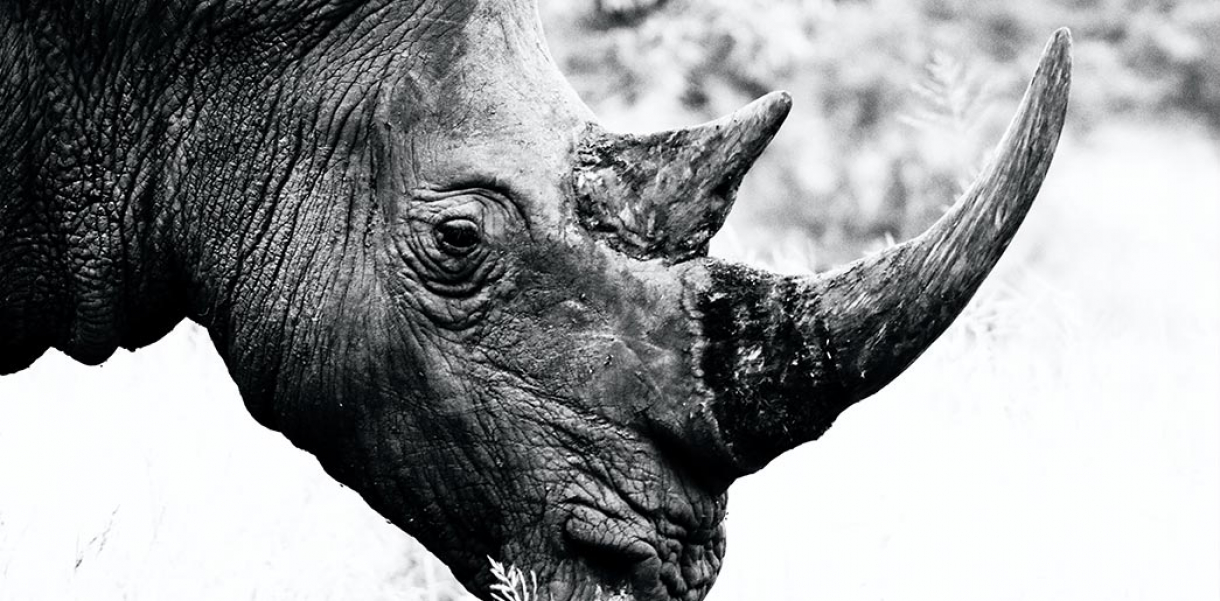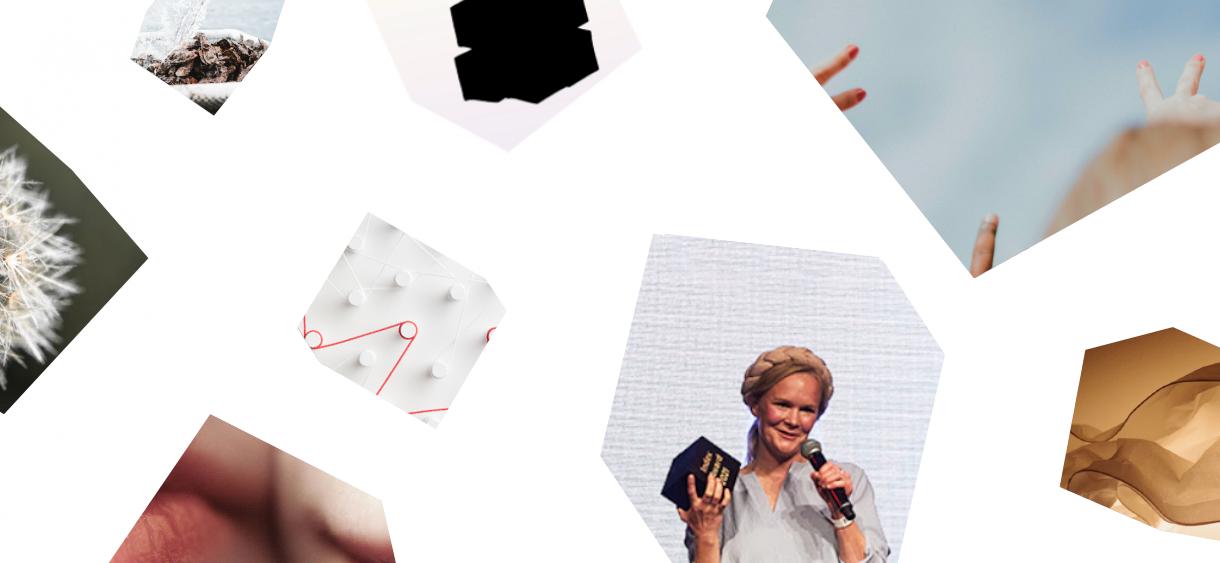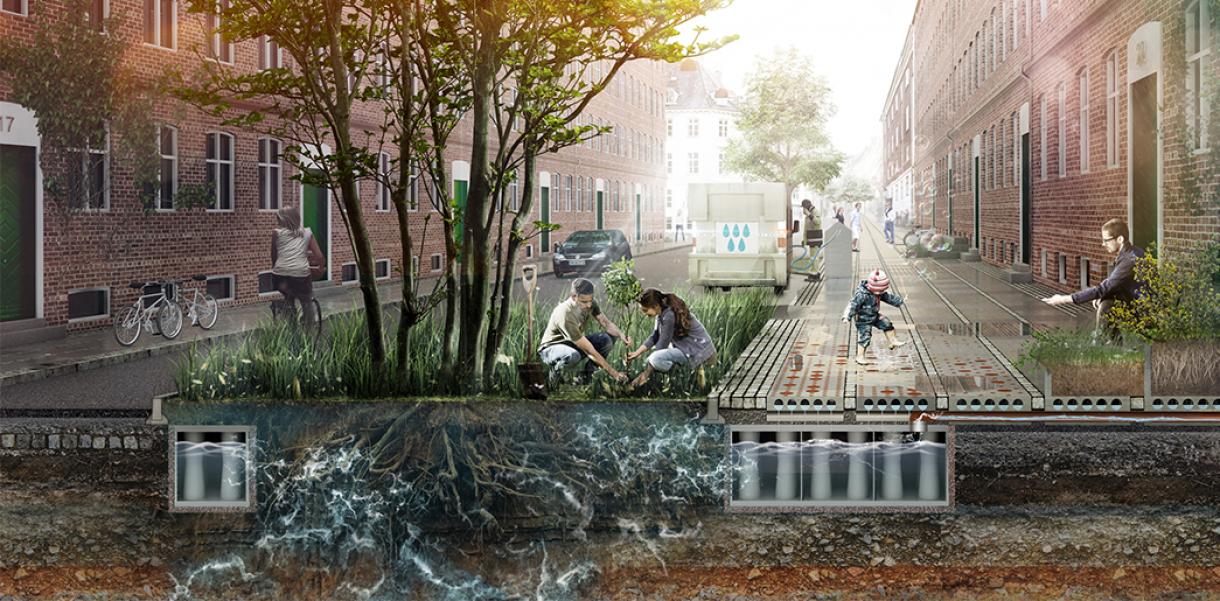I have to start by saying, I'm sorry: This blog post won't give you a break from the inevitable virus.
It's here, there and everywhere. It takes up so much space in my heart, my head, my practical life and my behaviour that I can't concentrate on writing about any other topics than COVID-19 related ones.
We've all heard about the hypothetical examples in chaos theory like ''the butterfly effect'', stating that even small differences in dynamic systems will have unpredictable consequences. For instance, if a butterfly flaps its wings in Peru, it can set off a tornado in Florida.
In the chaos theory rhetoric, the animal terms help us to see and understand incidents more clearly. The most common animal analogy we know is probably ''the elephant in the room''. We encounter it almost every day, in both our private lives and professionally, where we're trying to avoid talking about obvious problems or difficult situations.
There's ''the black swan'' theory, which describes the unexpected; the chaos we didn't see coming. It refers to incidents so hard to predict that you couldn't have prepared for it — like 9/11. Black swans don't exist in real life, and that's why you never expect to see one (actually, some black swans have been spotted on the African continent but, that's another story).
"We can't hide behind a wall of ignorance claiming that we didn't see it coming."
But COVID-19's origin and the way it's spreading right now, isn't ''the black swan'' effect, unfortunately. We can't hide behind a wall of ignorance claiming that we didn't see it coming. We had many chances to prepare for this and many opportunities to more or less avoid it. COVID-19 is ''a gray rhino''!
According to chaos theory, ''a gray rhino'' effect represents an obvious danger that should've been anticipated but was mostly ignored. And why a gray rhino? The American political commentator Michele Wucker introduced the term back in 2013 at the World Economic Forum in Davos to describe neglected threats in the financial world. Wucker explains it like this:
Imagine you're camping in the middle of an African savanna. You know it's a dangerous place to camp because it might happen that a gray rhino will come crashing through the bush and trample your whole camp down. It has happened before, and it will happen again. But you stay there because it's such a beautiful place and you choose to ignore the risk.
So, ''a gray rhino'' effect is a "highly probable impact yet neglected threat," as Wucker puts it. Gray rhinos aren't random surprises but, occur after a series of warnings and visible evidence. And so did COVID-19.
"Gray rhinos aren't random surprises but, occur after a series of warnings and visible evidence."
It's pretty simple. As we humans occupy more and more natural areas in the world, the risk of diseases being transmitted from animals to humans increases. And as globalisation increases, so does the risk of spreading the diseases. The animals might be carriers of several viruses, but they don't get an outbreak until they're highly affected by stress. And almost all situations where animals are being affected by stress are caused by humans: the increasing animal production, animal transport methods, market places where animals are being slaughtered "to go", just to mention a few.
We should've known what would happen, but we didn't react. Somehow, humans are programmed to pay more attention to information that we like rather than information we don't. It's a psychological fact.
But to end on a positive note, after all, we can look at this present situation like we were given a choice. Either we can get trampled by the rhino or just get out of its way. But we can also choose to hop on the back of the rhino and use the crisis as an opportunity to gain new knowledge, create new ways of being in the world, respecting nature and each other.
I know what I choose. I choose to ride the rhino and see this as a chance to change my behaviour in this world. I choose to help and support people and businesses to develop and scale solutions that will sustainably improve life. The gray rhinos will come and startle our systems again and again, whether it be in the shape of pandemics, security threats or climate change. So next time, we better be prepared.
-
Image: Glen Carrie






